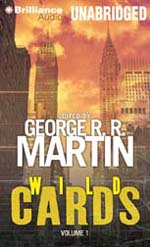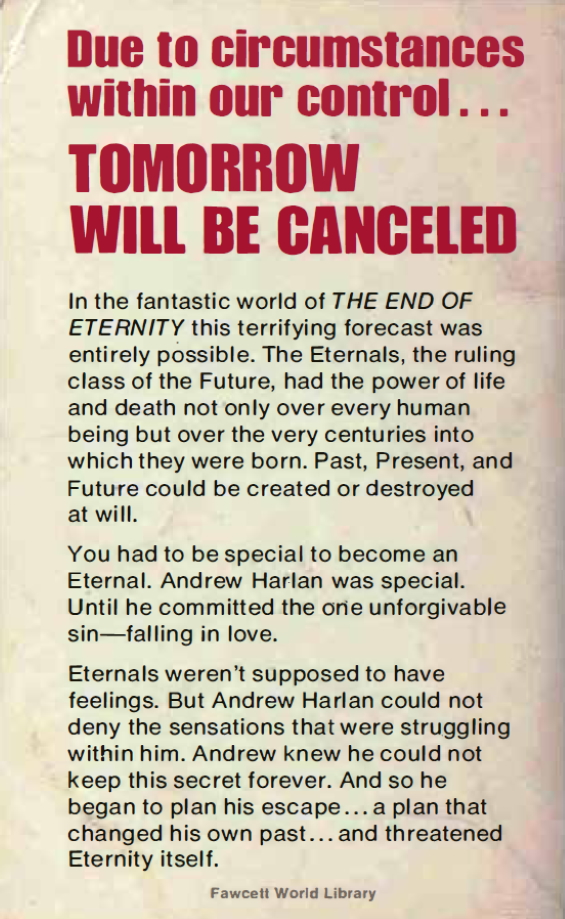
 The Zombie Survival Guide: Complete Protection From The Living Dead
The Zombie Survival Guide: Complete Protection From The Living Dead
By Max Brooks; Read by Marc Cashman
Approx. 8 Hours 38 Minutes [UNABRIDGED]
Publisher: Random House Audio
Published: September 12, 2006
ISBN: 9780739342725
Themes: / Zombies / Humor / Horror / Apocalypse /
The next time a Class 2 zombie outbreak occurs in my neighborhood, I’ll be well-prepared to deal with the shambling corpses of hungry undead now that I’ve read Max Brooks’ The Zombie Survival Guide: Complete Protection From The Living Dead.
The Zombie Survival Guide dispels exaggerated myths and legends of the undead and instead presents the reader with unvarnished “truths” about zombies. You’ll find information on zombies’ physical strength, sight, hearing, and rate of decay, and the pros and cons of various weaponry for battling the undead (everything from medieval maces and claymores, to M-16s and flamethrowers). It describes various scenarios for identifying early signs of localized (Class 1) outbreaks, to full-blown widespread undead infestation (Class 3). You’ll find best practices for battling zombies in urban settings, in harsh desert and swamp environments, even under the sea. The Zombie Survival Guide tells you how to defend your home by stocking up with key food and supplies and moving to your second floor and destroying all staircases (recommend for Class 2), or how to survive on the run as you move to the most remote and therefore safest parts of the planet in a world-wide zombie apocalypse in which mankind is overrun (Class 4). The best vehicle should an outbreak occur? You might not guess it, but it’s a bicycle. On a bike you can easily outrun the slow, slouching pace of zombies, it will never run out of gas, you can carry a bicycle over rough terrain, and you can maneuver a bike through the inevitable traffic jams that accompany a full-on panic. Motorcycles are very good too, though their noise attracts the undead. Boats are also a secure means of travel, says Brooks, but watch your anchor line—zombies walking on the ocean floor can use it to climb up to your boat. “Hundreds” of hapless victims have died this way, Brooks tells us.
The Zombie Survival Guide serves as a perfect gateway to Brooks’ highly recommended World War Z |READ OUR REVIEW|. If for nothing else, and you find Brooks’ post-apocalyptic strategems and survival tactics tedious, I’d recommend this book simply for the highly entertaining “Recorded Outbreaks” section. Here Brooks describes various zombie outbreaks throughout history, from ancient tales recorded in chilling primitive artwork, all the way up through living eyewitness accounts from the early 21st century. These are written in the economical journalism style that Brooks’ employs so effectively in World War Z, lending these “outbreaks” a documentary-style feel, which makes them seem more realistic and terrifying. According to Brooks there have been many zombie outbreaks throughout history—perhaps even in my neighborhood, hence my need to be ready—but these have been largely laughed off by skeptical media, ascribed to outbreaks of disease, localized madness, or industrial pollution, or covered up by governments or the CDC, fearful that public knowledge would result in full-scale panic.
For all its earnestness you have to take The Zombie Survival Guide with a heavy dose of salt. While it’s written in a deadpan style and never descends into farce, and purports to be a “real” guide for complete protection against the walking dead, when you read passages like “If you want to know the true danger of an airborne (parachute) attack against zombies, try dropping a square centimeter of meat on a swarming anthill. Chances are, that meat will never touch the ground. In short, air support is just that—support. People who believe it to be a war-winner have no business planning, orchestrating, or participating in any conflict with the living dead,” you can’t help but laugh (I did laugh out loud, several times). While not as well-written or as compelling as World War Z, for zombie aficionados The Zombie Survival Guide is nevertheless a must-read.
Marc Cashman narrates with a dry, clipped voice that perfectly suits the how-to nature of The Zombie Survival Guide. There’s a touch of William Shatner in his delivery, with dramatic pauses in odd places, but that only adds to the fun.
Posted by Brian Murphy







